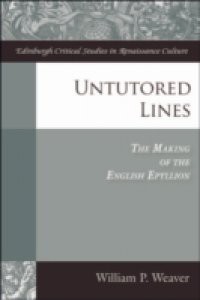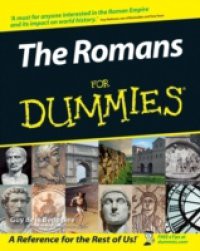A compelling cultural reinterpretation of humanist discourses of boyhood The English epyllion, the highly erotic mythological verse that swept the London literary scene in the 1590s, is as much about rhetoric as about sex. So argues William Weaver in this fascinating study of Renaissance education and poetry. Rhetoric, moreover, is erotic. Far being merely formal, rhetoric is the key to deciphering the cultural meanings of an enigmatic genre.Weaver attends to one of the epyllion's defining dramas: boys in transition to adulthood. Whereas recent studies of the epyllion have posited sexuality as the primary, even exclusive, means of representing beautiful boys, Weaver discovers that Renaissance male sexuality itself is an effect of a disciplinary drama of pedagogical transition from boyhood to adolescence, grammar to rhetoric. This drama of differentiation, lucidly expounded by Weaver, is at the heart of the erotic epyllia of Shakespeare, Marlowe and their imitators.


















